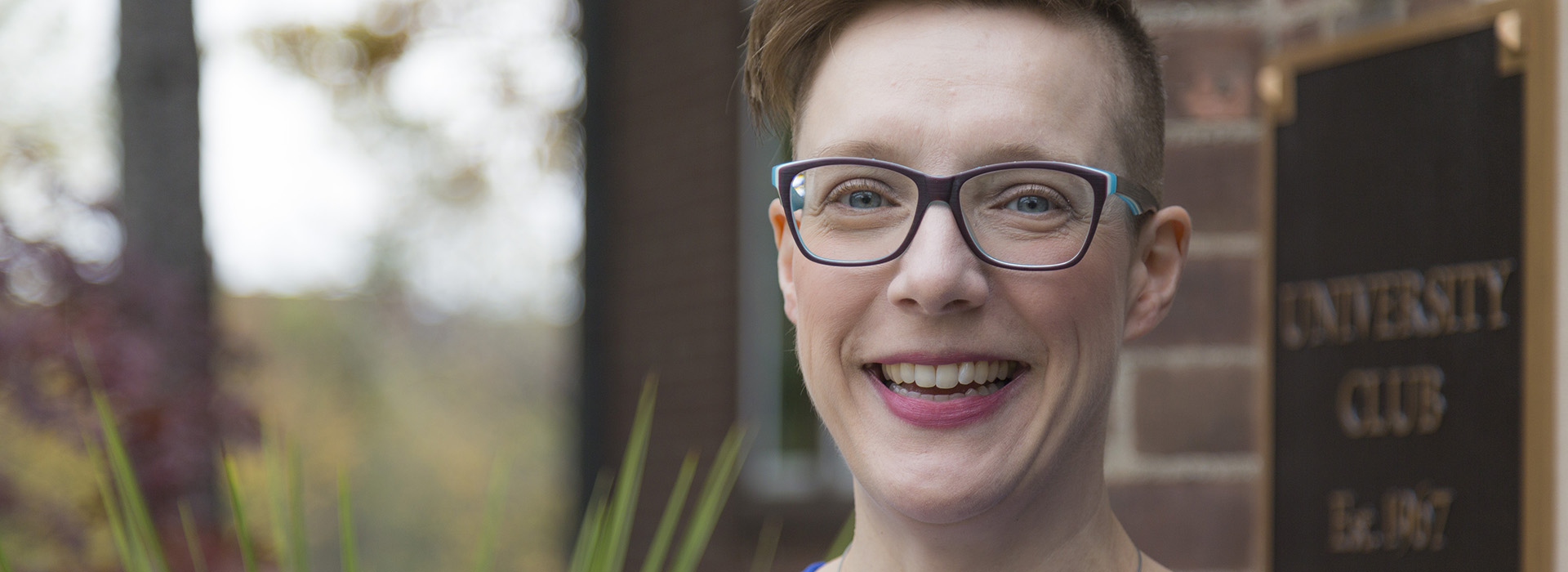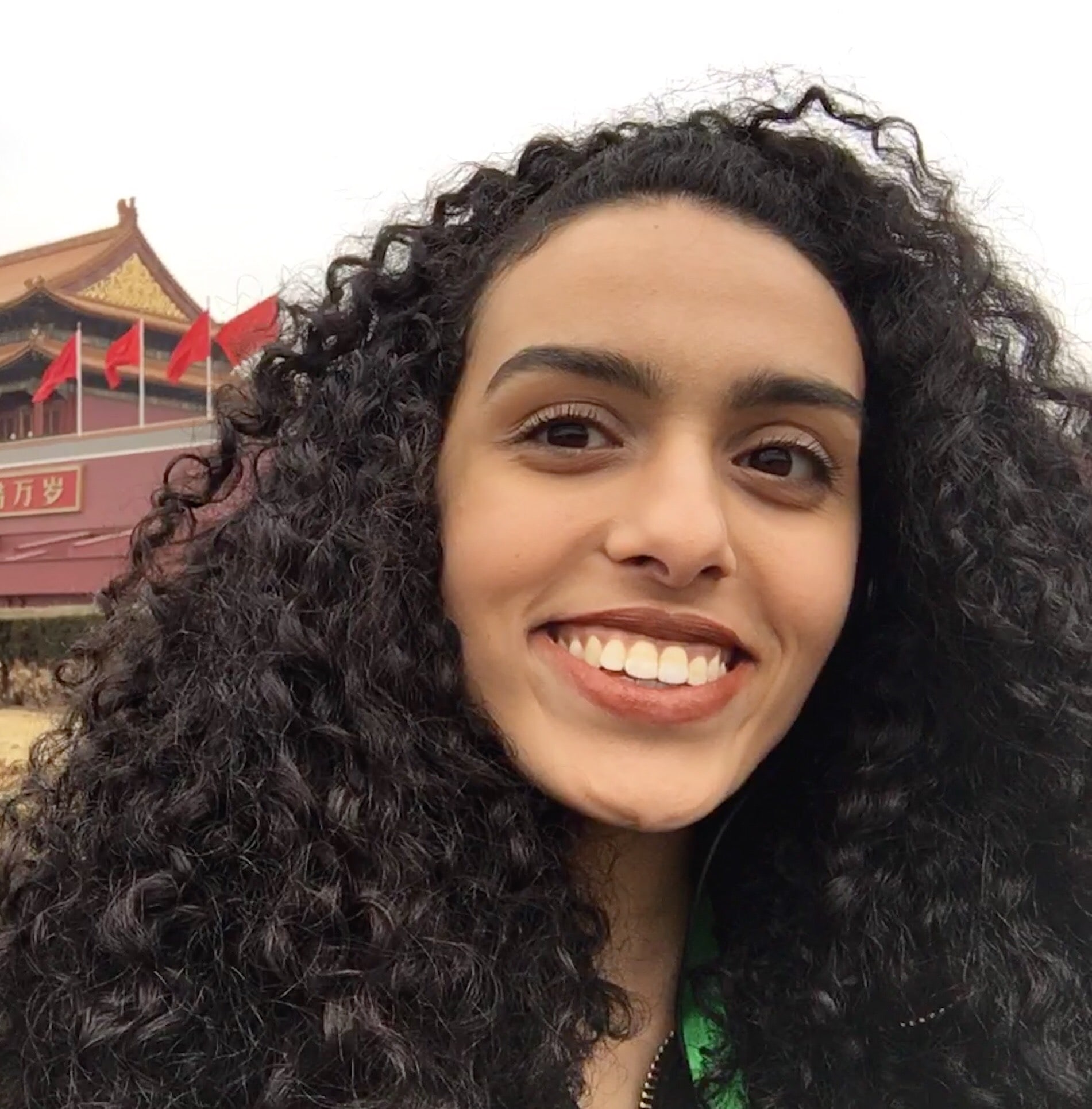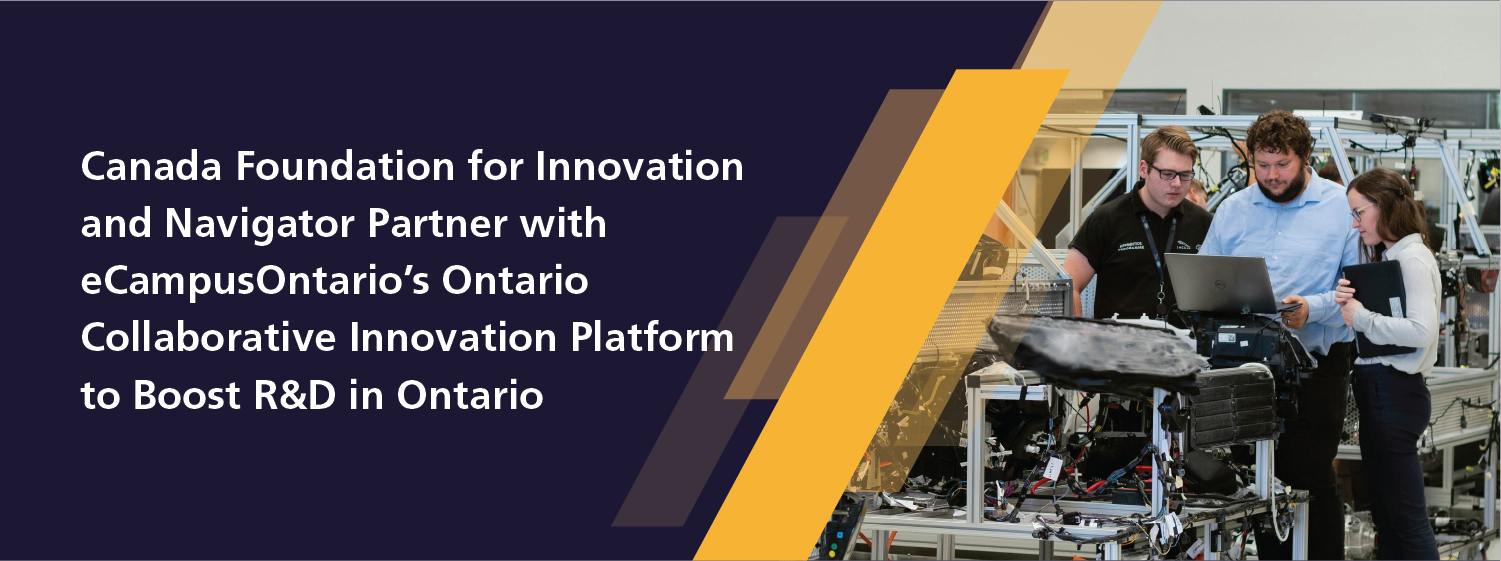
Warning: Undefined variable $post in /var/www/html/rc-ecampus.ecampusontario.ca/wp-content/themes/ecampusontario/functions.php on line 183
Warning: Attempt to read property "ID" on null in /var/www/html/rc-ecampus.ecampusontario.ca/wp-content/themes/ecampusontario/functions.php on line 183
6 min. Read
Making Ontario course materials cheaper, better and more collaborative
Image 1: Dr. Catherine Anderson (Ph.D)
With support from eCampusOntario, Catherine turned a series of videos and open course material into a digital resource for her students and anyone else who might be interested in the material. The process encouraged her to re-think not just conventional textbook costs, but the global benefits of openness, sharing and collaboration.

Image 2: A screenshot of the Essentials of Linguistics ebook
Catherine Anderson, Teaching Professor in the Department of Linguistics at McMaster University: I concentrate on undergraduate teaching, and am always iterating to keep improving my courses. About four years ago I redesigned my two big “Introduction to Linguistics” classes — which enroll up to 600 students each semester — to make it a blended experience. That means students are now watching lecture material, mostly videos, on their own time — and then coming to class where we’re doing active learning exercises and have discussions.
When I started redesigning the course, I was thinking a lot about accessibility issues, and about how the course design would affect students with different needs. It came to my attention that the textbook itself was an accessibility issue, because it was so expensive. Fewer and fewer students were even buying it, because they didn’t want to spend $147 on the book. So they weren’t prepared for class, and they didn’t get much out of our time together.
When I saw the opportunity to apply for funding from eCampus Ontario to adapt existing open materials, I thought: I have these videos that I’ve created that are on YouTube, I’ll adapt those. Working with Pressbooks, we shot and embedded the videos and made an ebook adaptation of the stuff I had created for the class. And it’s free for anybody!

Image 3: A screenshot of a video included in the ebook
Affordable + more relevant for today’s learners
Mariam Behket, first year Humanities student at McMaster University: It’s my first year in Dr Anderson’s class. Having an online textbook that’s not $147 is definitely helpful. As a student you already have so much to pay for!
I actually did buy the physical textbook, because I thought I was more of a book learner. But I found myself using the online version a lot more. It’s so much more easily accessible to me at all times. If I forget my textbook, I don’t forget my laptop.
When I’m confused about something or don’t catch something in lecture, it’s really nice to have both the video of Dr Anderson and the script to follow along. English is my second language, so it’s definitely nice to have the script.
Collaborating across universities
Catherine: The real sense of pride has come now that the project has been publicized. One of the PR people at McMaster interviewed me about the book, then put it out on Twitter and it started getting a lot of attention. That’s when it hit me that this is kind of a big deal. I just thought it was a nice thing to do for my students. But there’s been so much interest and people saying this is so great for the field. That’s kind of when it hit me that a lot of people are interested in this and want it to succeed and want to contribute to it. It’s not just going to be Catherine Anderson’s book, it might be a book that a whole lot of people use.
I’ve had several colleagues reach out and want to contribute parts to the book. It’s exciting to think that it’s just going to keep getting better as people contribute to it. Right now I’m in conversation with three people at different universities who are thinking about adding new stuff or updating what’s there. That’s super exciting.
That view is just beginning to open up to me to imagine that this might become really broadly used, and to imagine how much fun it will be to collaborate with people. It will be a living thing that keeps getting revised and added to, and keeps getting better and better every year. That’s pretty exciting.
Mariam: I have a friend who goes to Wilfrid Laurier University. I was doing homework with her and we were working on our linguistics and I was telling her about how this book is online and it’s free. She’s taking a psycholinguistics course this summer, so she said: “That’s awesome! Now I can read up on my course before I go.” It’s cool that it’s not just for McMaster students, but available university-wide.
In terms of my own future classes, I would definitely prefer an online textbook going forward. I never thought that would be me, because I like to have a physical copy of a book in front of me. But it’s been surprisingly nice to have something constantly available online, whether I want to access it on my phone or my laptop. It’s nice to have something so valuable at my fingertips.
Opening the door to open scholarship
Catherine: I’ve also been connecting with the open education community via Twitter. I follow all these people and have been learning so much. I joined the OER committee at McMaster, which is really just starting to promote things in a small way on our campus.
In preparing my course materials, it’s got me thinking a lot more about: are there ways of pulling material from other places in the world and from the web to create something that’s more financially accessible for students? So thinking about the accessibility issue for students on the one hand, and thinking in this open way about scholarship in general.
If I’m thinking about writing a paper to submit somewhere, whether the journal is open access is a factor I consider now that I hadn’t ever before. I’m thinking, where am I going to send this paper? Are people going to be able to read it for free? Are they going to have to pay $42 for the article? Is it something that their libraries even have? The principle of openness and sharing and collaboration is underlying a lot of the thinking about my work in a way that it didn’t before doing this project.
Bios

Catherine Anderson, Teaching Professor in the Department of Linguistics at McMaster University

Mariam Behket, first year Humanities student at McMaster University
Do you have an eCampusOntario-supported project you would like to see featured? Contact us today.


